Photo Essay (II): Vestiges of Buildings Destroyed by Maiduguri Flood
For many locals, recovering from the ruins of the devastating flooding is another long, painful journey.
For thousands affected by the recent flooding in Maiduguri, North East Nigeria, recovery is another long journey of pain and adversity. The devastating floods have taken a toll on the environment, as returning locals met their homes in shambles.
As residents begin the arduous task of recovery, they must roll up their sleeves to clean, clear, and restore their damaged homes, rebuilding their lives from the ground. For many residents, the painful aftermath lingers. Countless homes, once filled with laughter and memories, now lie in ruins. Belongings, livelihoods, and savings have been swept away, leaving families with little to no means to rebuild.
In the face of adversity, many communities have united to support each other. Volunteers have organised community service initiatives, tackling the daunting task of clearing dunes from flooded homes and streets. With shovels and determination, residents are working tirelessly to restore their neighbourhoods, fostering a sense of unity and solidarity.
HumAngle documents the recovery journey of residents left with no other option but to start their lives again.
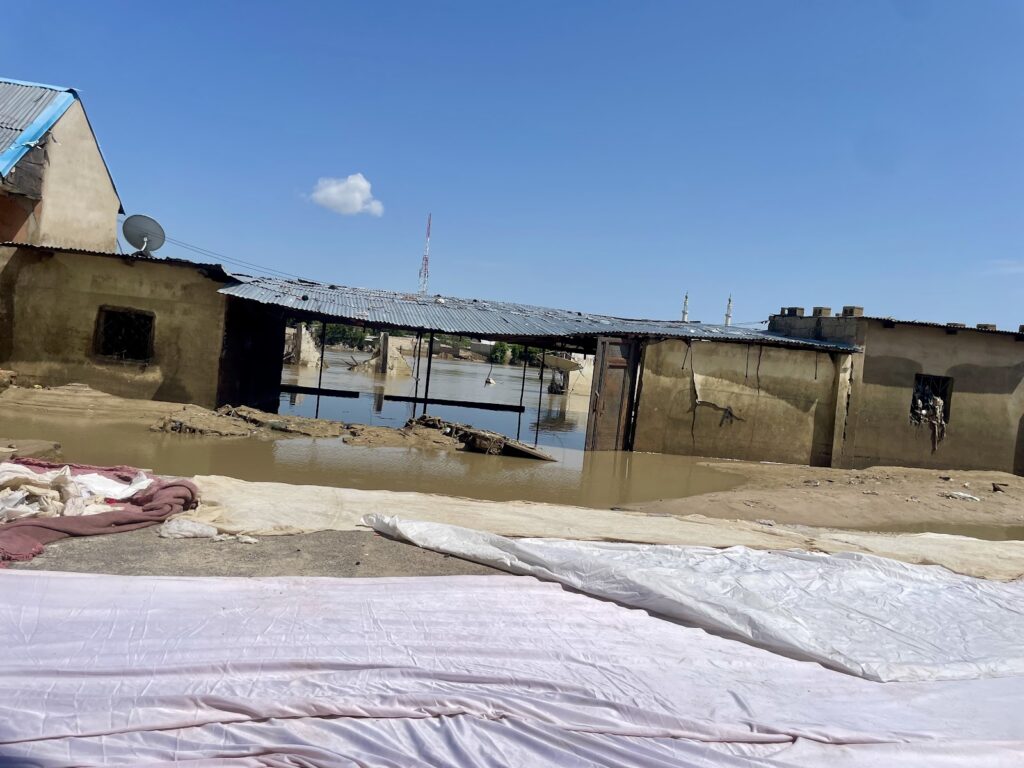
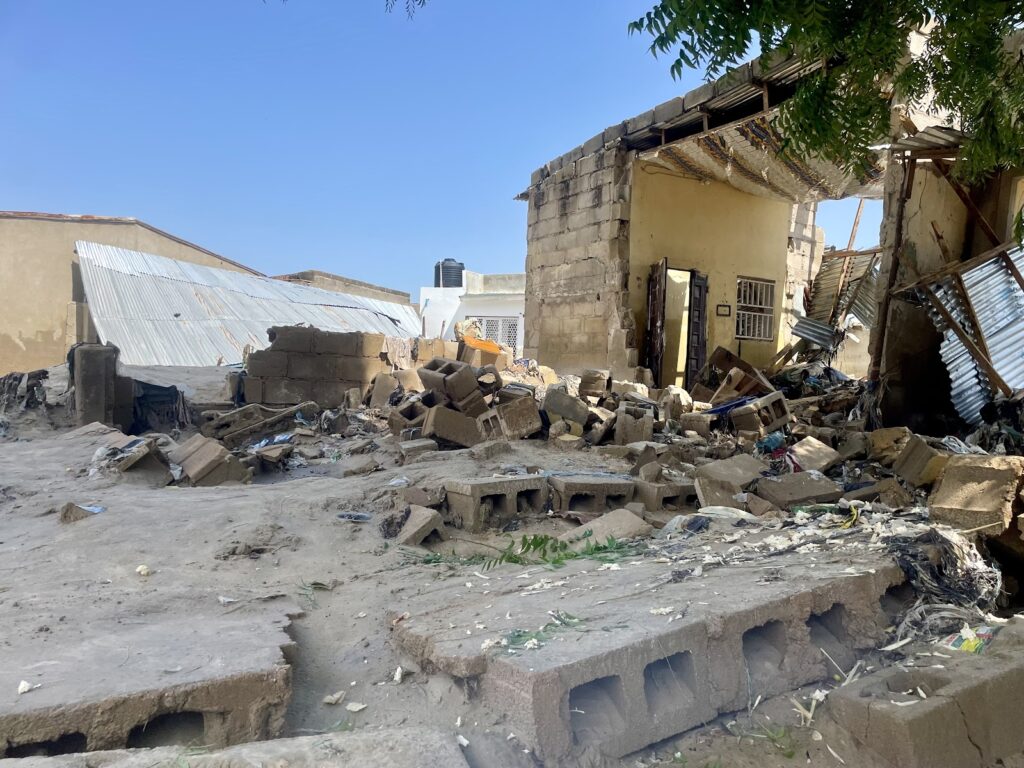
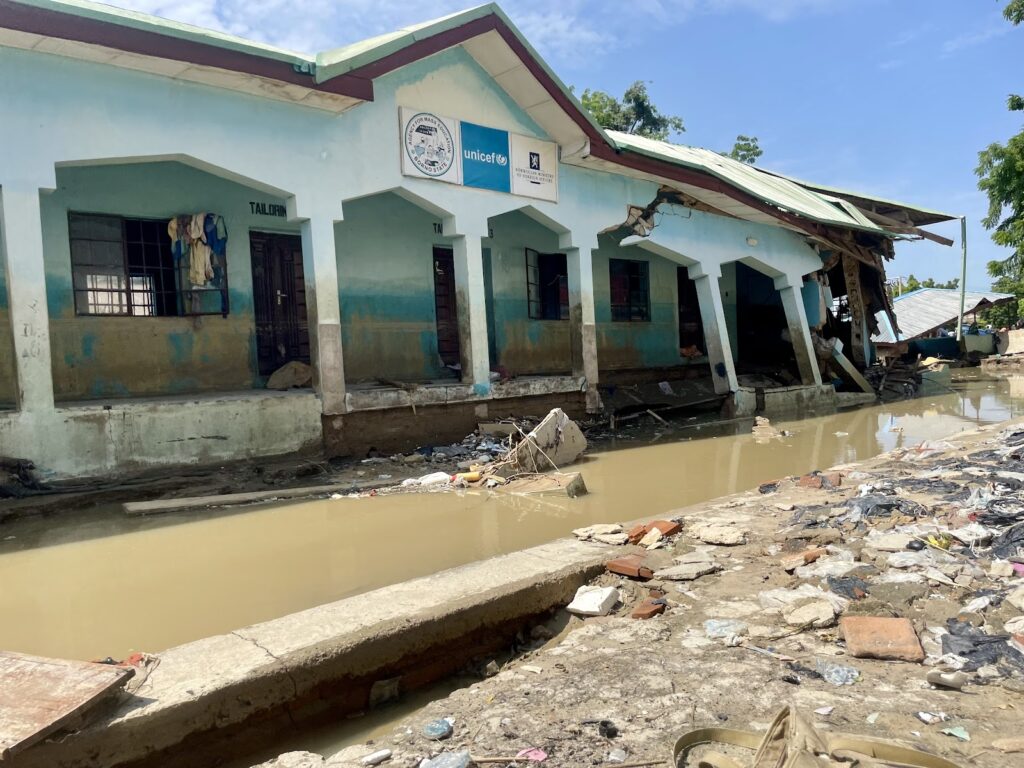
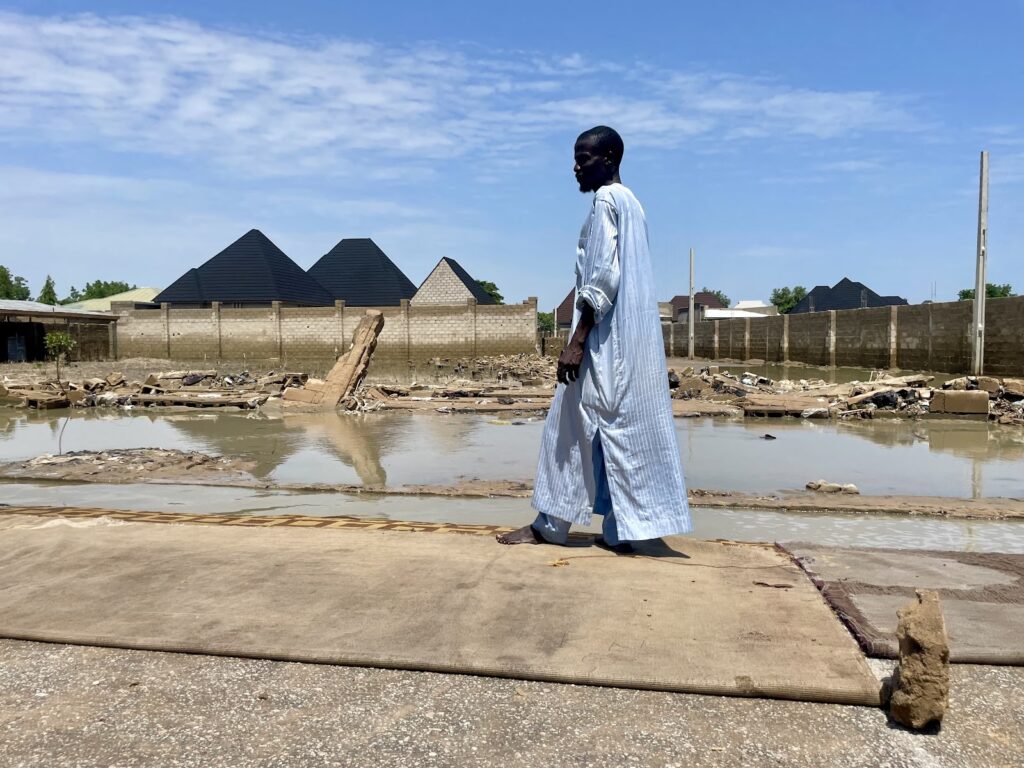
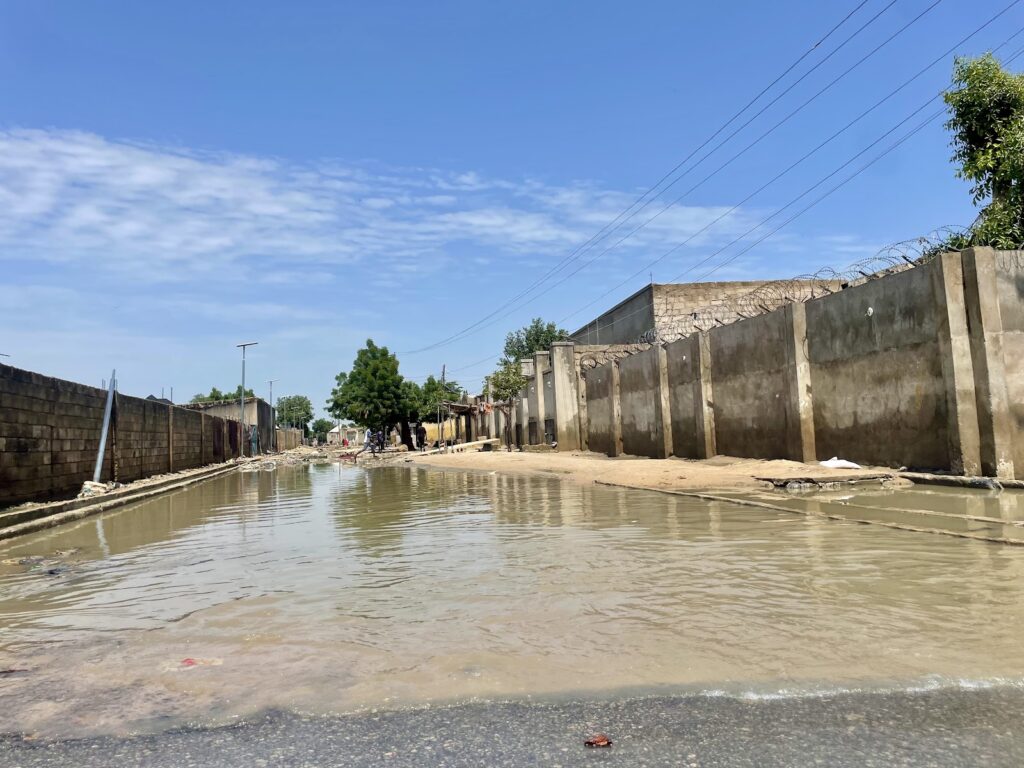
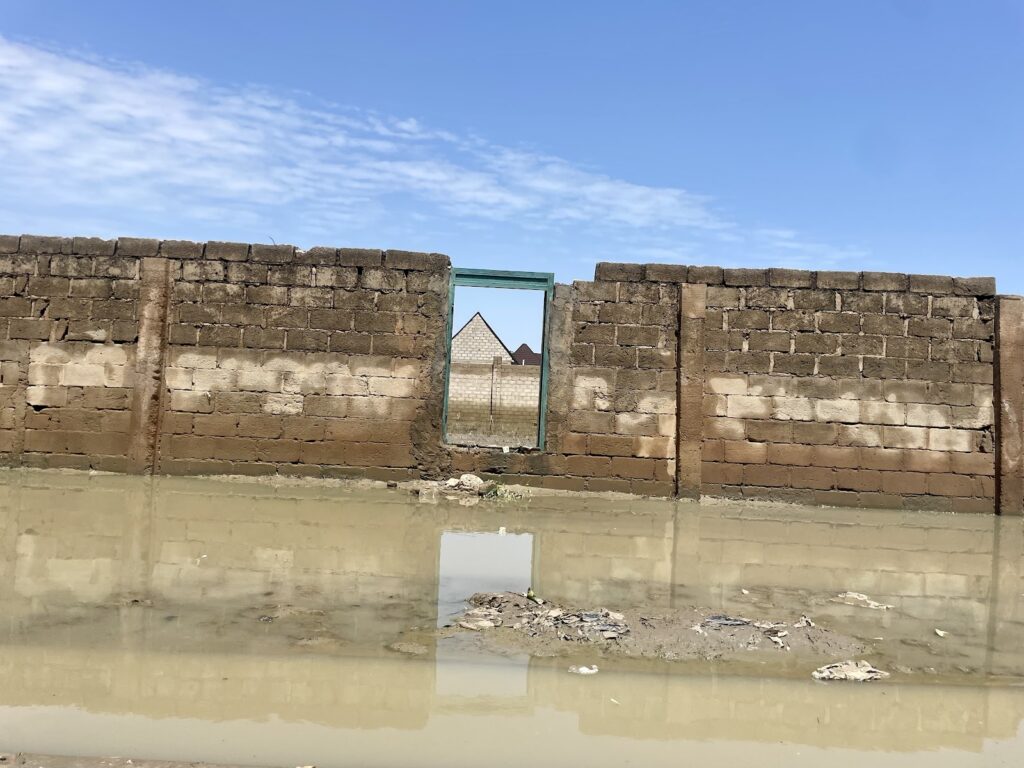
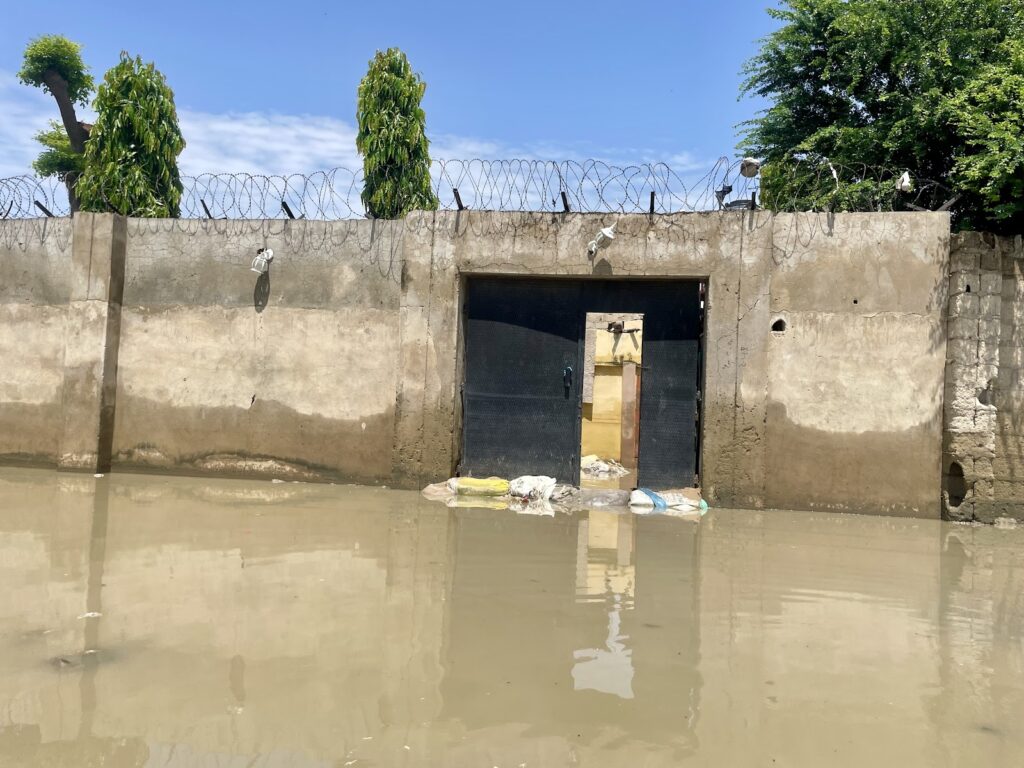
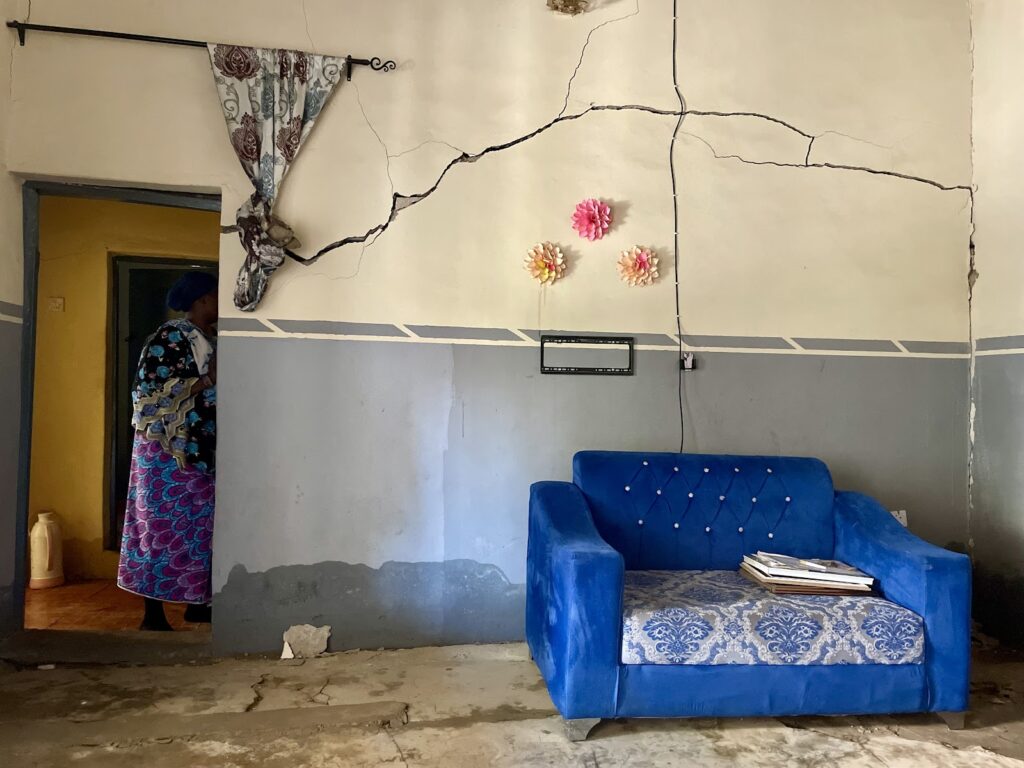
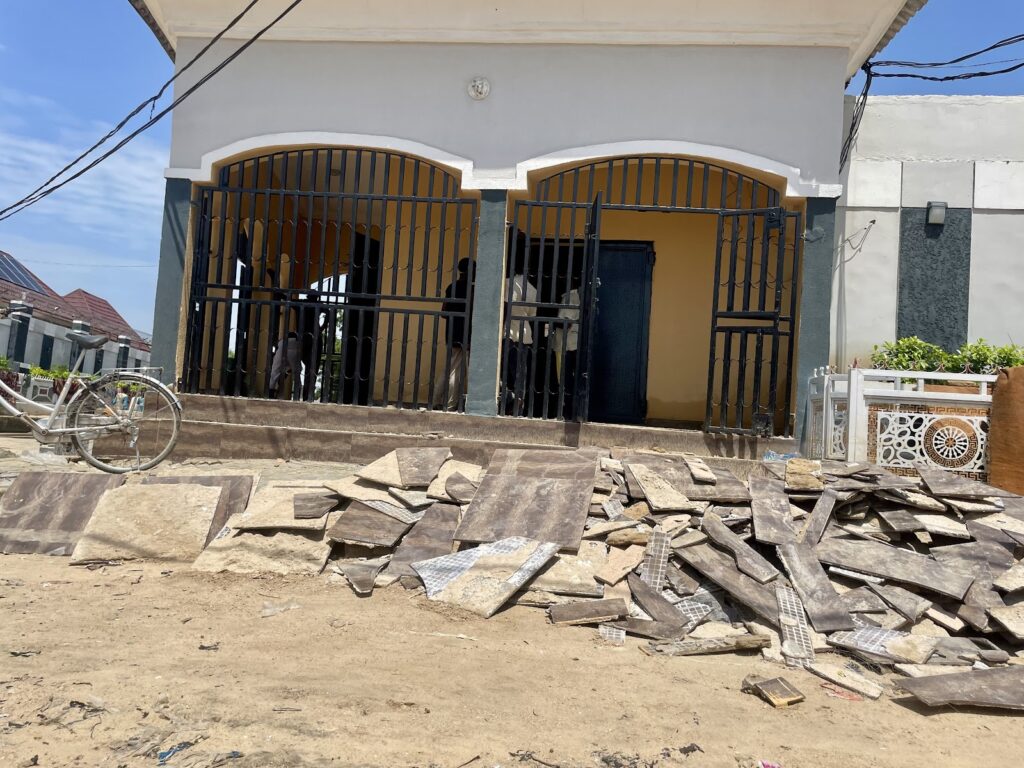
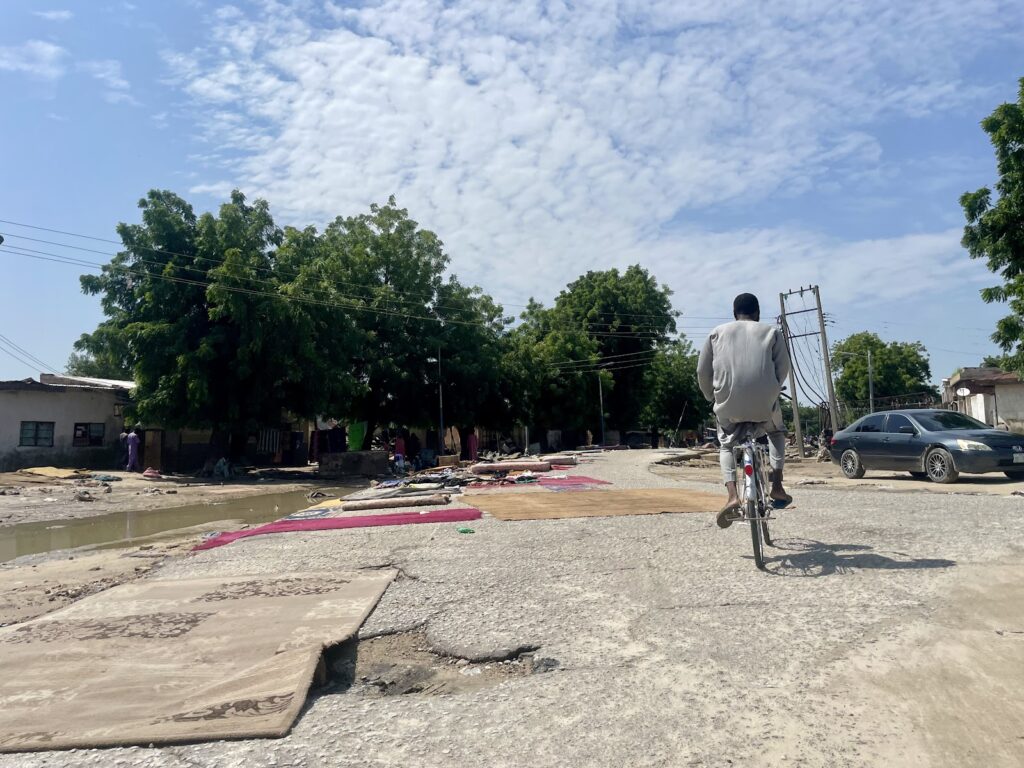
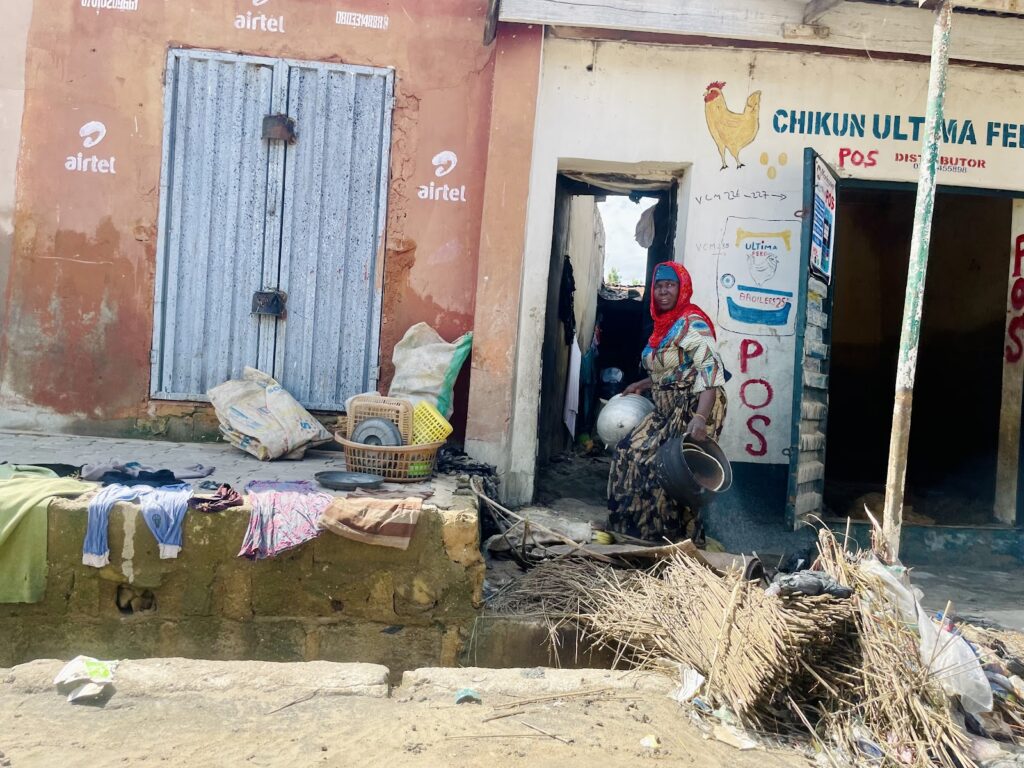
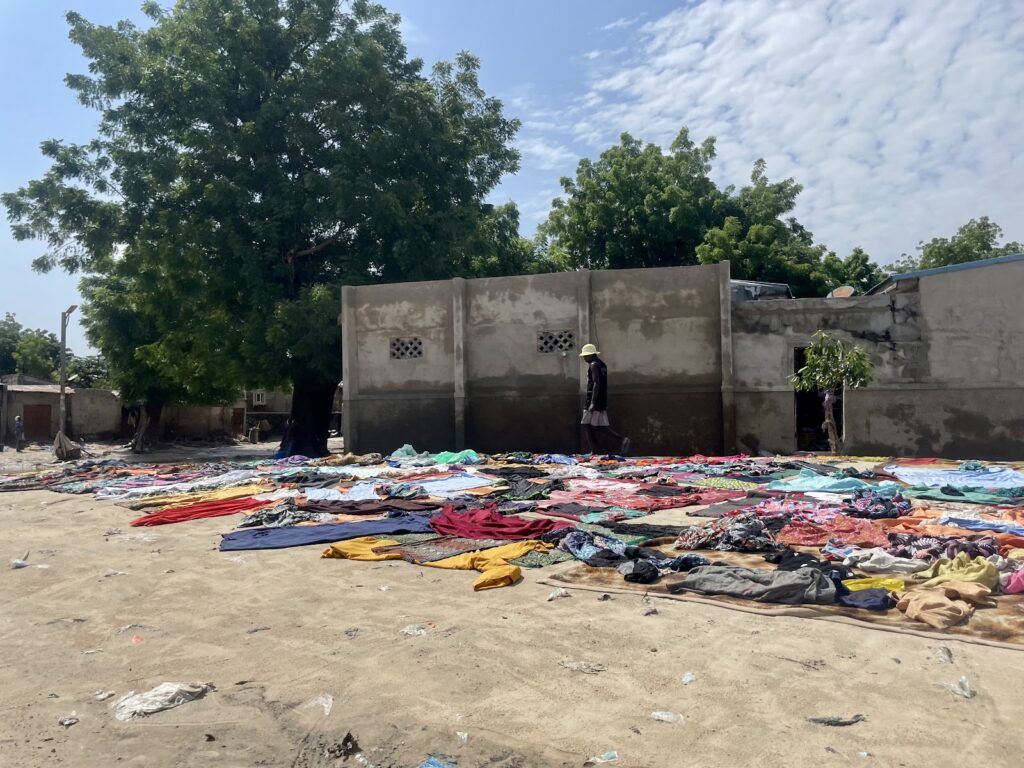
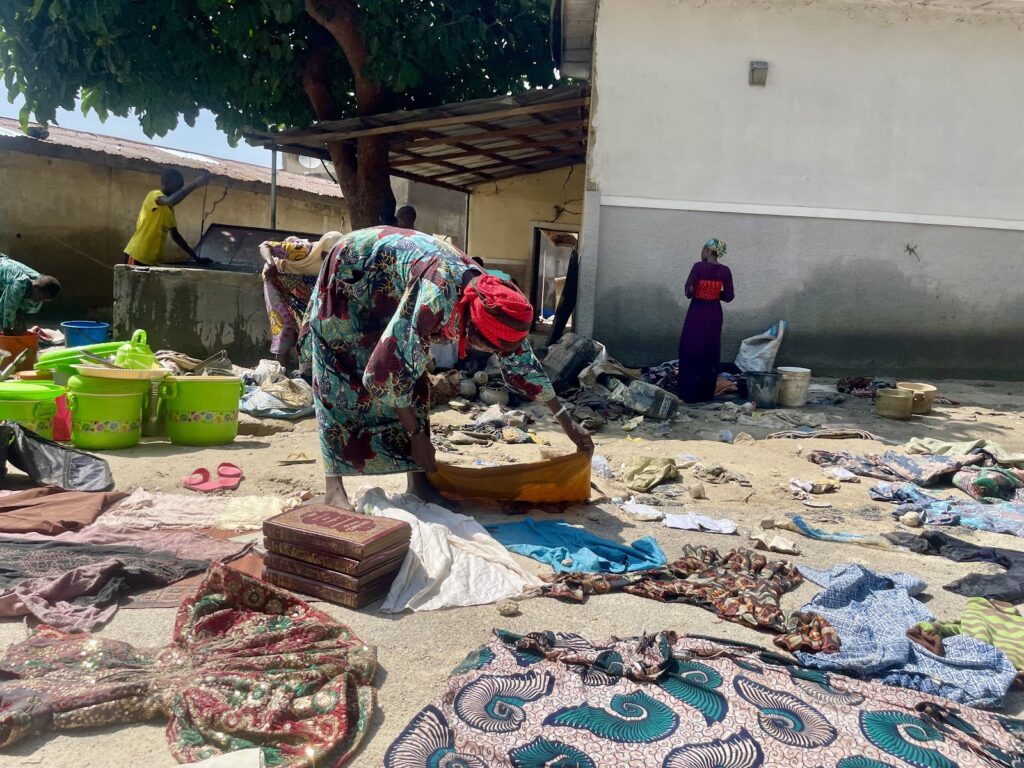
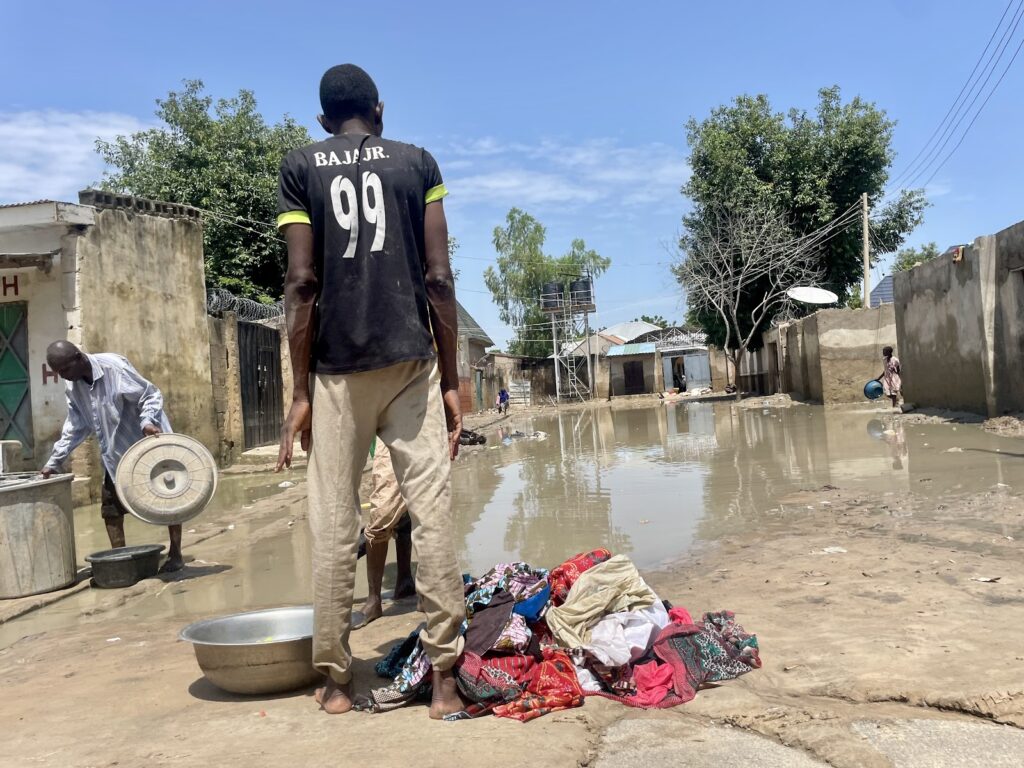
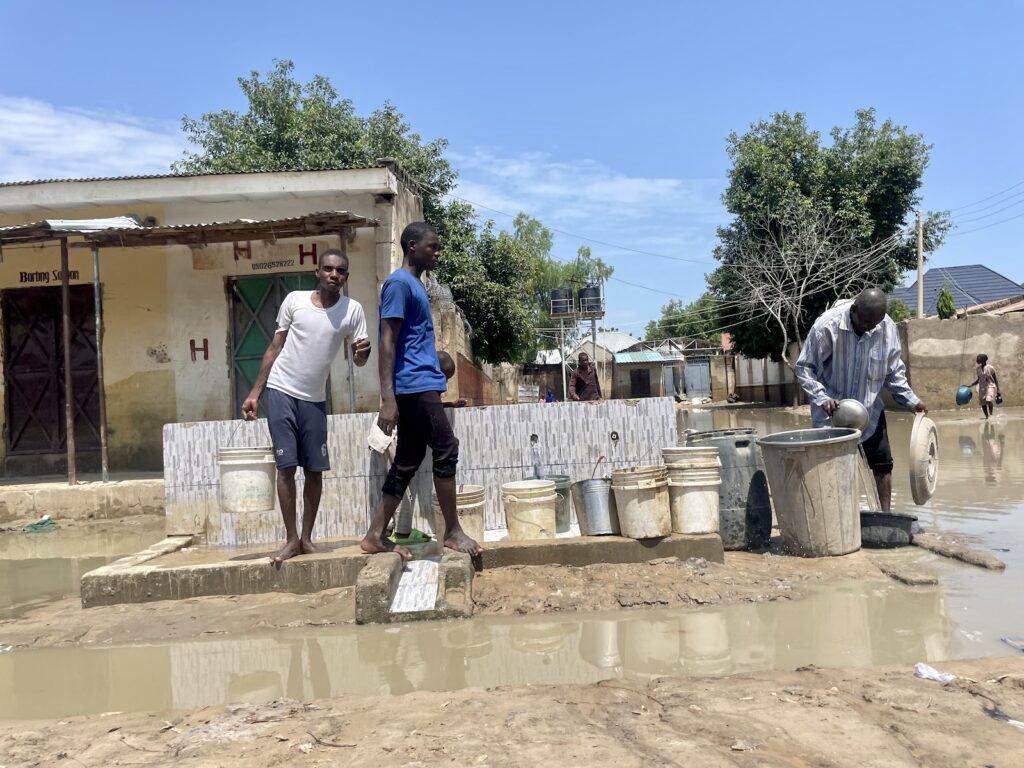
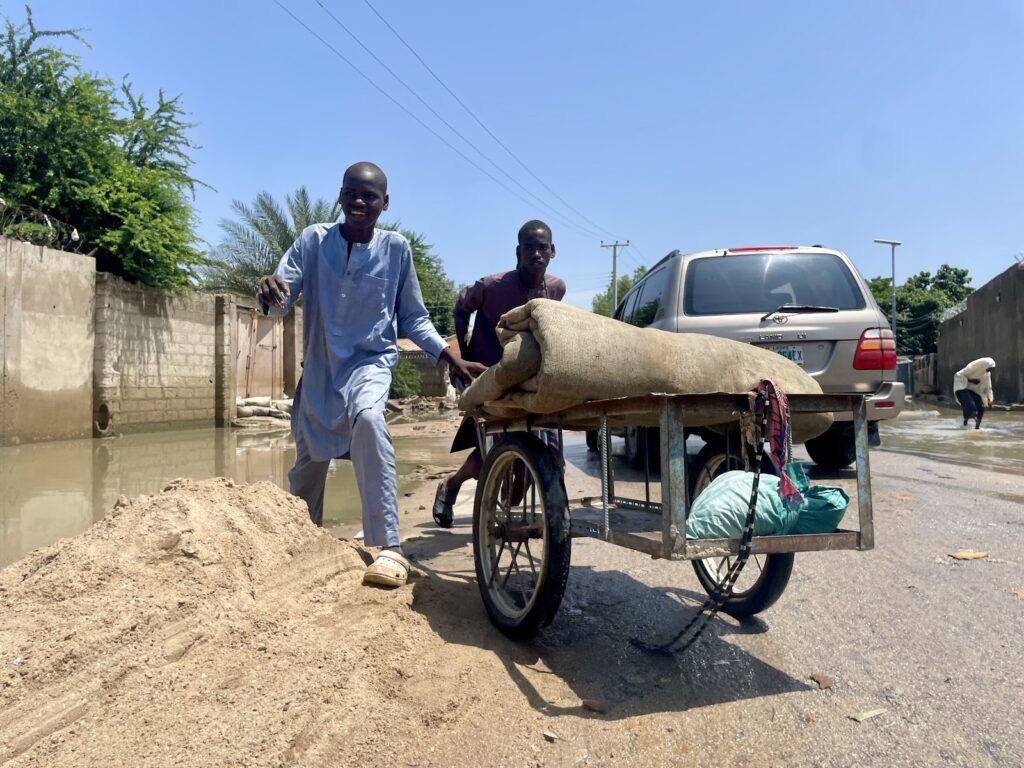
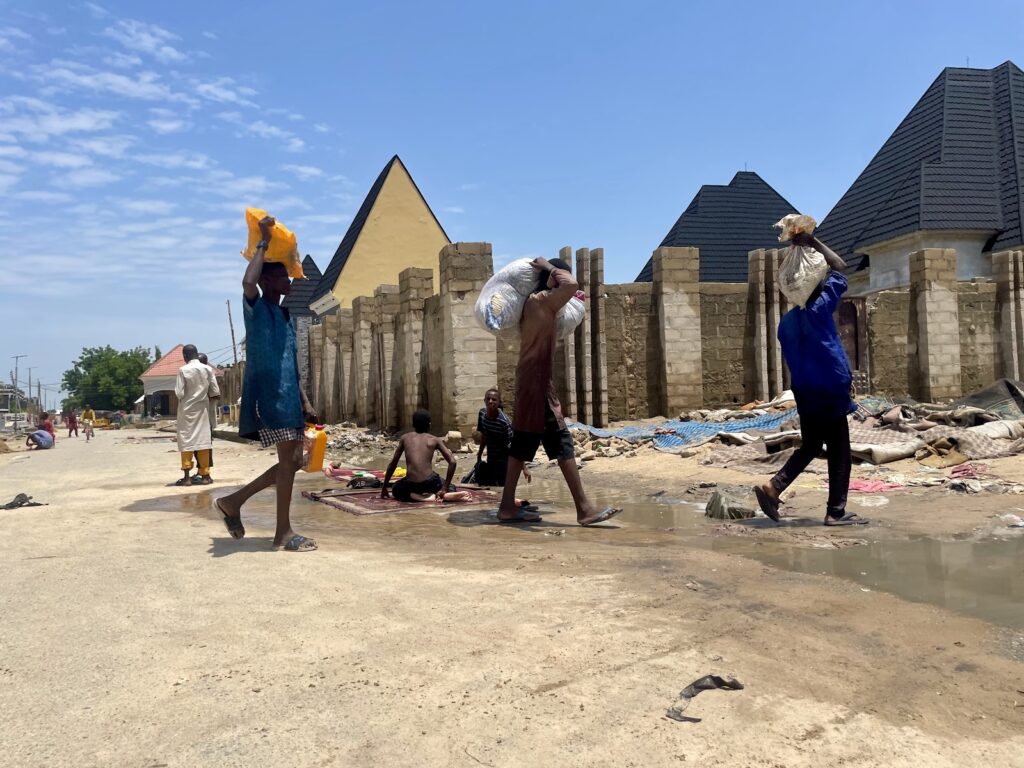
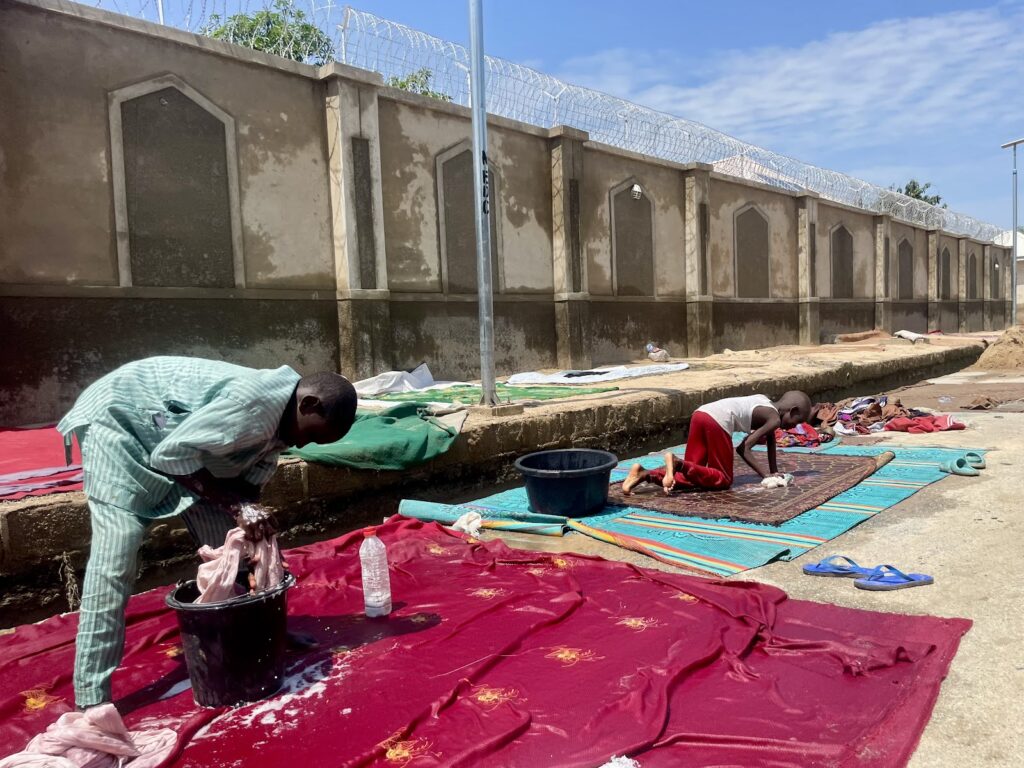
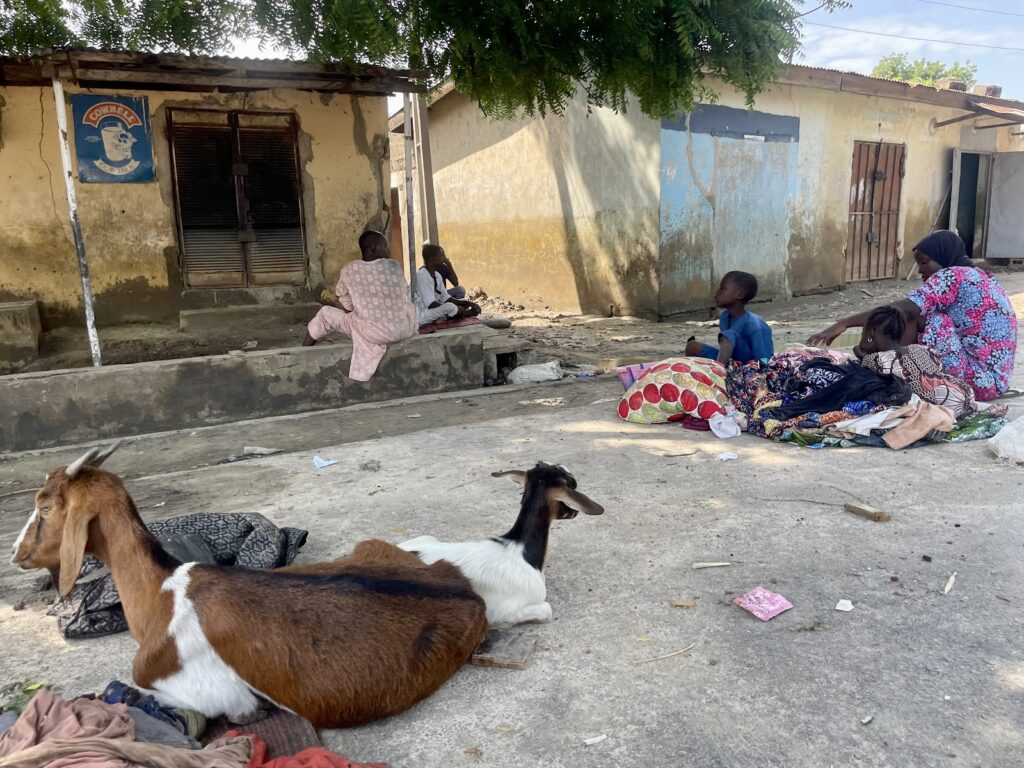
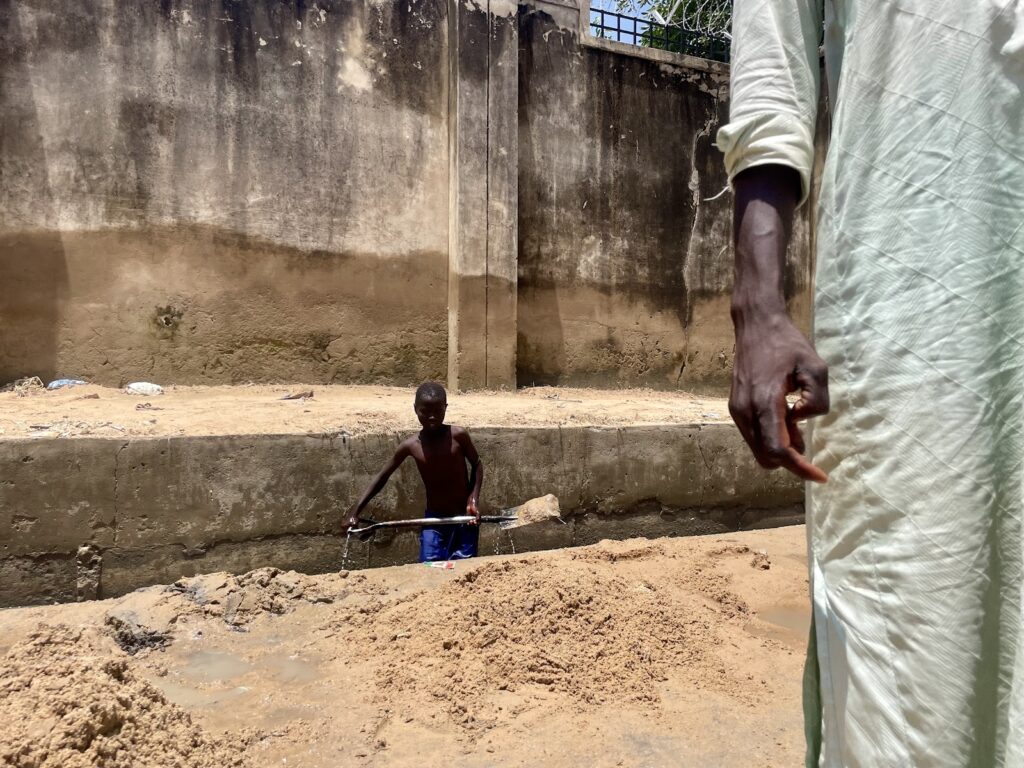
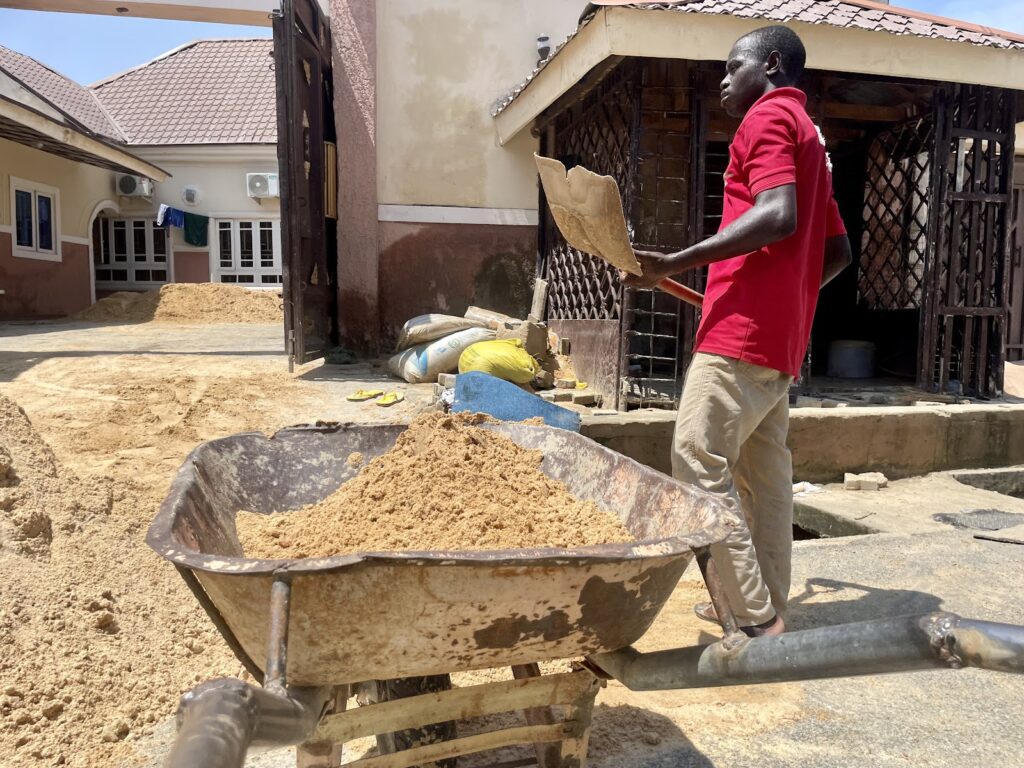
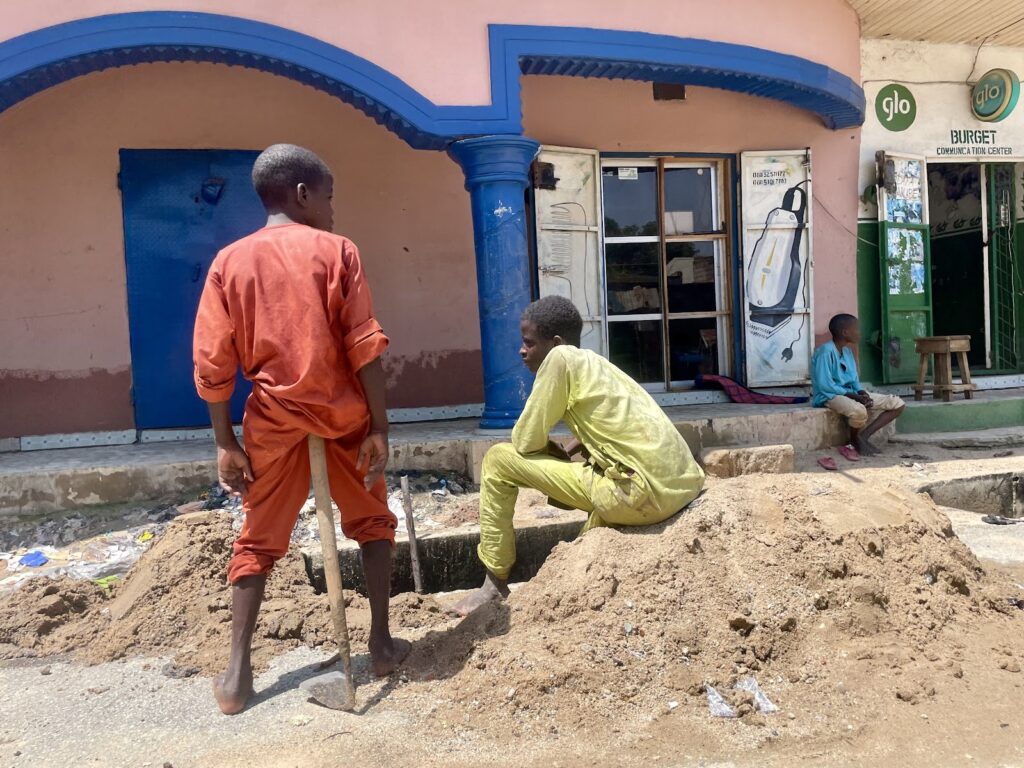
Photographs by Usman Abba Zanna.
The recent flooding in Maiduguri, North East Nigeria, has left thousands of locals facing a long and painful journey towards recovery. Entire homes have been reduced to ruins, and families have lost their belongings, livelihoods, and savings. Despite the dire situation, communities are uniting, with volunteers organizing initiatives to clear and restore flooded homes and streets, fostering a sense of solidarity.
Documenting this recovery, residents are seen cleaning and drying their possessions, recounting their losses, and grappling with the trauma. The images capture the extensive damage, from destroyed homes and community centers to waterlogged streets and households. Efforts are underway to restore essential services like clean water, and the community's resilience shines as they support each other through the arduous rebuilding process.
Support Our Journalism
There are millions of ordinary people affected by conflict in Africa whose stories are missing in the mainstream media. HumAngle is determined to tell those challenging and under-reported stories, hoping that the people impacted by these conflicts will find the safety and security they deserve.
To ensure that we continue to provide public service coverage, we have a small favour to ask you. We want you to be part of our journalistic endeavour by contributing a token to us.
Your donation will further promote a robust, free, and independent media.
Donate HereStay Closer To The Stories That Matter





